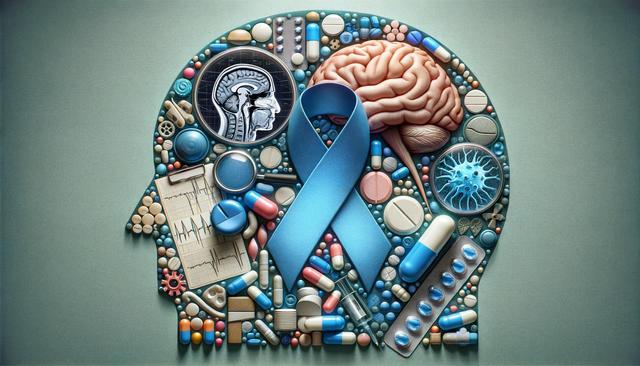Exploring Modern Approaches to Alzheimer Treatment
Alzheimer’s disease remains a challenging condition, but ongoing research offers hope through evolving treatment strategies.

Understanding Alzheimer’s Disease
Alzheimer’s disease is a progressive neurological disorder that primarily affects memory, thinking, and behavior. It is the most common cause of dementia, impacting millions of people worldwide. The disease typically develops slowly and worsens over time, eventually interfering with daily tasks and independence. While its exact cause is not fully understood, factors such as genetics, lifestyle, and environmental influences are believed to play significant roles. Key symptoms include memory loss, confusion, difficulty completing familiar tasks, and changes in mood or personality. Recognizing these early signs is crucial for timely intervention and management.
Current Treatment Options
Although there is no cure for Alzheimer’s disease, several treatments aim to slow its progression and manage symptoms. Medications are available that temporarily improve symptoms related to memory and cognition. Some commonly prescribed types include:
- Cholinesterase inhibitors: Help increase levels of communication between nerve cells.
- NMDA receptor antagonists: Assist in regulating glutamate, a chemical involved in learning and memory.
In addition to medications, non-drug therapies such as cognitive training, social engagement, and physical activity are emphasized to support brain health. These approaches work best when tailored to the individual’s needs and combined with a comprehensive care plan that includes caregivers and healthcare professionals.
Emerging Therapies and Research
Research into Alzheimer’s treatment is highly dynamic, with scientists exploring a range of innovative therapies. Some promising areas of investigation include:
- Immunotherapy: Targeting amyloid plaques, a hallmark of Alzheimer’s, using antibodies.
- Gene therapy: Investigating ways to modify genes that influence the risk of developing the disease.
- Stem cell therapy: Studying the potential for regenerating damaged brain tissue.
Clinical trials are critical in determining the safety and efficacy of these new treatments. Participation in such trials offers individuals access to cutting-edge care while contributing to the advancement of knowledge that may benefit future generations.
Lifestyle Interventions and Prevention
While no guaranteed method exists to prevent Alzheimer’s, lifestyle interventions can potentially reduce risk factors. Healthy habits that support brain function include:
- Regular physical exercise
- A balanced diet rich in fruits, vegetables, and whole grains
- Consistent mental stimulation through learning and problem-solving
- Maintaining strong social connections
- Managing cardiovascular health, including blood pressure and cholesterol
Adopting these practices not only promotes overall well-being but also supports cognitive resilience, potentially delaying the onset or progression of symptoms.
Supporting Patients and Caregivers
Alzheimer’s affects not just individuals but also their families and caregivers. Providing effective support requires addressing emotional, physical, and practical needs. Strategies that can help include:
- Joining support groups for shared experiences and advice
- Utilizing respite care services to allow caregivers time for self-care
- Educating oneself about the disease to better understand and anticipate needs
- Exploring community resources, such as adult day programs and counseling services
Empowering caregivers with tools and knowledge helps improve the quality of life for all involved, emphasizing the importance of a compassionate, informed approach to care.